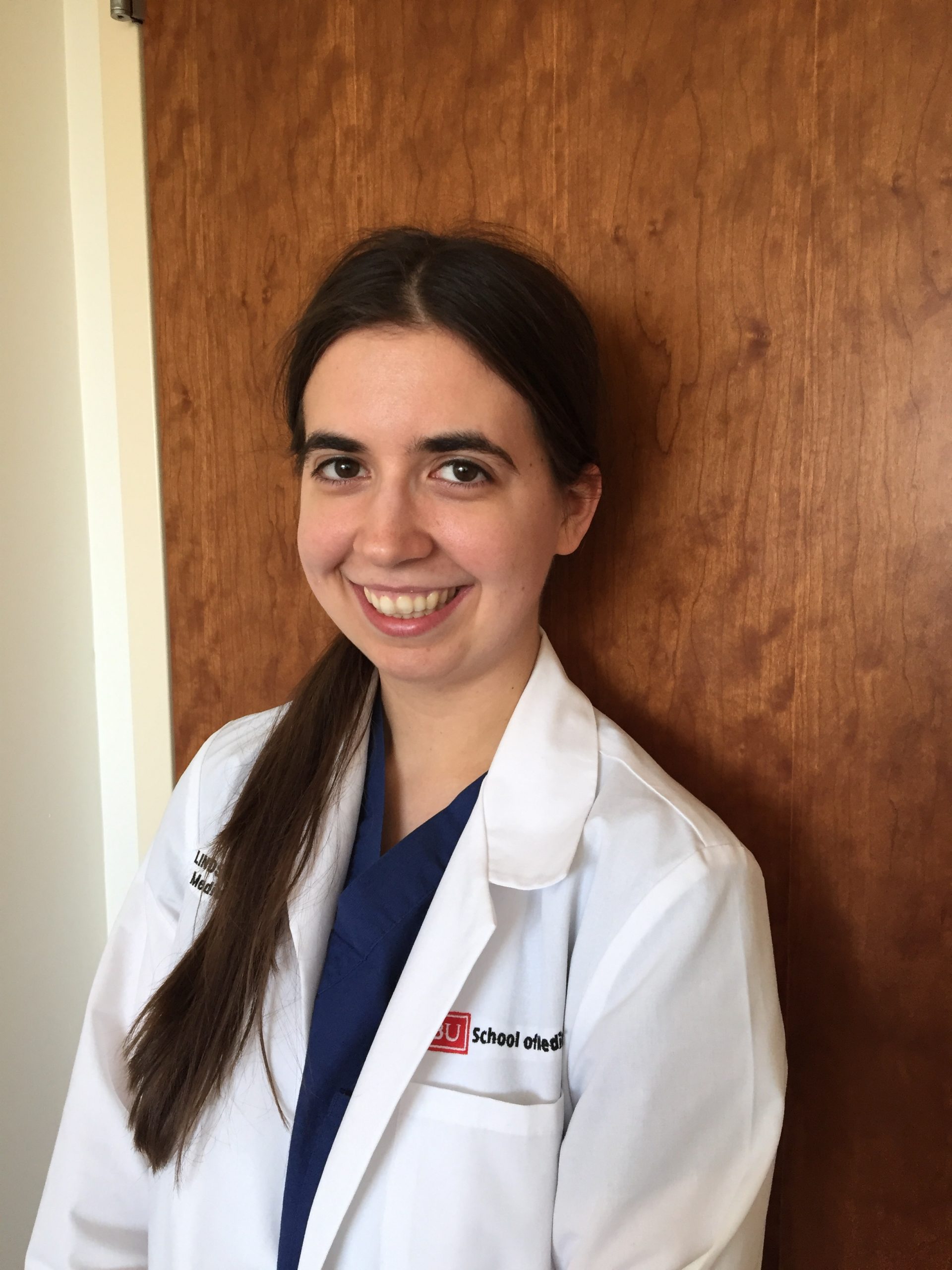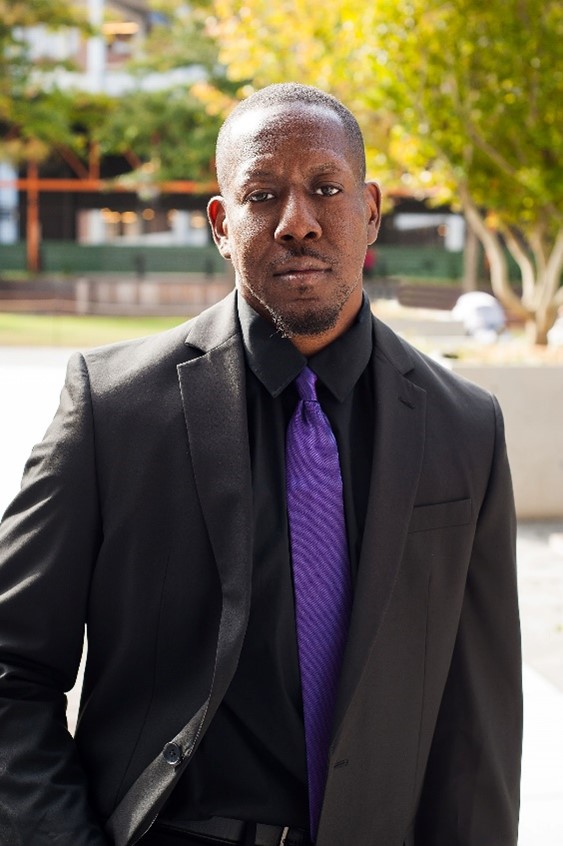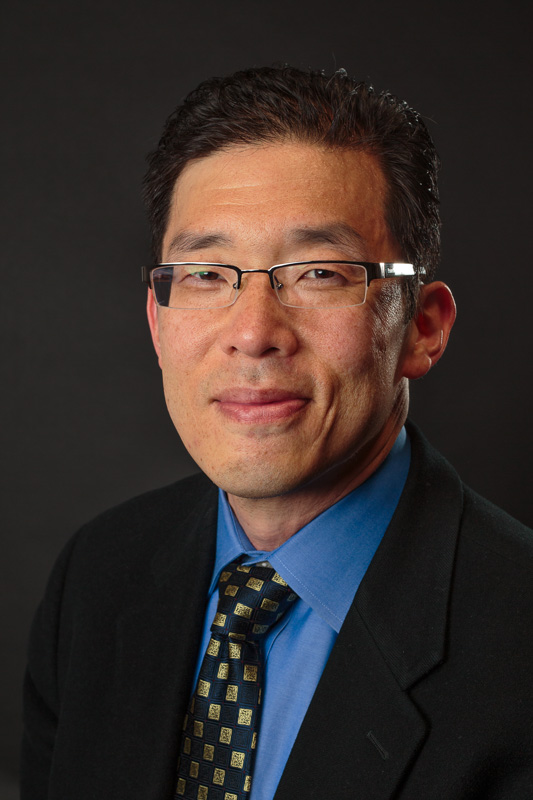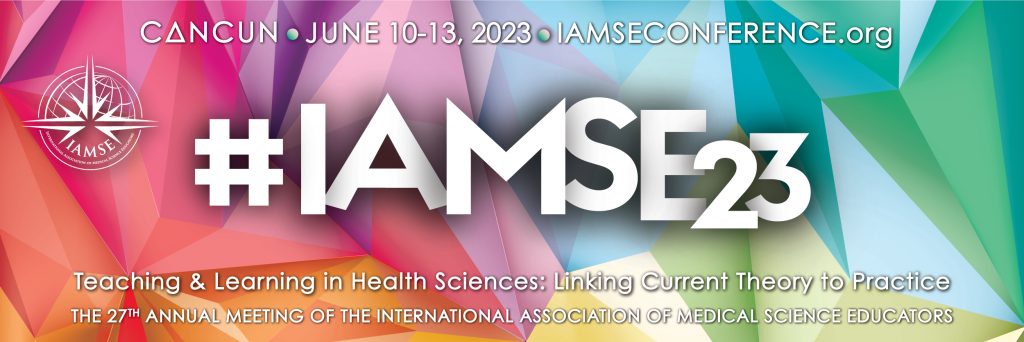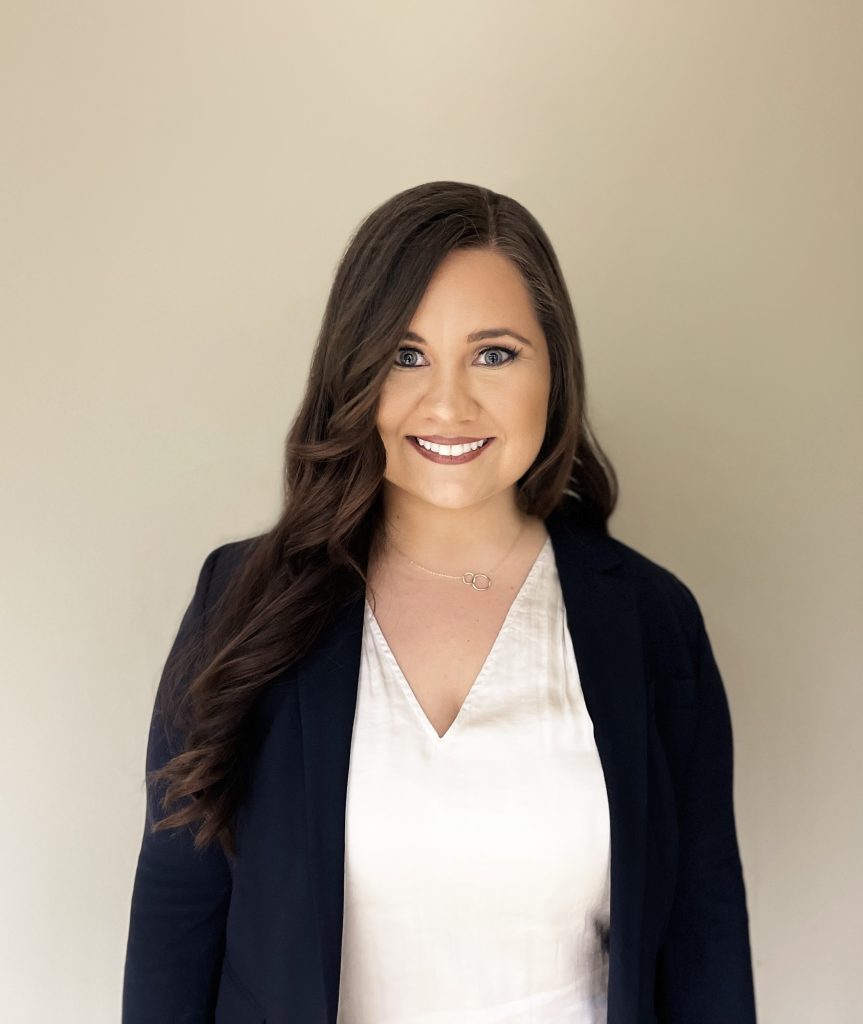[The following notes were generated by Michele Haight, PhD.]
The Spring 2022 IAMSE Webinar Seminar Series, titled “To Infinity and Beyond: Expanding the Scope of Basic Sciences in Meeting Accreditation Standards” finished with its fifth seminar on Thursday, March 31, 2022, t
Presenter: Calvin Chou, MD, PhD, FACH, Professor of Medicine, University of California San Francisco
“This Trainee is Terrible:” How to Help the Struggling Learner
Remediation is facilitating a correction for trainees who started out on the journey toward becoming an excellent health professional but have moved off course.
Remediation is not kicking the “can” down the road; it’s kicking the “can’t” down the road.
Definitions and Framing
For learners, there are four different zones of performance with different rules, roles, responsibilities, and thresholds for movement between zones.
Zone 1: Performance above-expected level…no corrective action
Zone 2: Performance below expected level…corrective action
Zone 3: Performance below acceptable level…remediation
Zone 4: Performance below unacceptable level…exclusion
The learners’ trajectory in each of these zones is not wholly linear. However, for learners in Zone 4, their progression and performance over time can be a steep downward slope.
Failing learners is a multi-tiered decision that involves many participants. Failing to fail learners is an ongoing issue across the health professions that impacts health professions’ social duty and responsibility.
Steps of Remediation
There are five steps to remediation:
- Identification
- Set clear expectations.
- Decrease cognitive load.
- Create fair assessments.
- Engage in early identification.
- Clarification
- Identify learner-specific contributors to suboptimal performance. Can be assessed through discussion with the learner and requires trust and rapport to be built.
- Identify systems-level contributors to suboptimal performance. Can be assessed through discussion with the learner and requires trust and rapport to be built.
- Identify competency area deficiencies requiring remediation. Can be assessed by acquiring multi-source feedback on the learner’s performance.
Remember, an identified concern/contributor is merely the tip of the iceberg.
- Collaborating on a learning plan
- Foster a feedback culture toward expertise development.
- Involve students throughout the process.
- Emphasize metacognitive skills.
- Develop faculty to highlight best teaching practices.
- Align explicit/tacit curriculum with valid, reliable assessments.
- Provide ongoing formative feedback.
Define “SMART” goals and meaningful assessment methods at the beginning.
Document the remediation plan and determine who gets a copy and how progress will be assessed.
- Intervention
- Include activities that promote reflection, self-regulation, and a growth mindset.
- Provide consistent coaching and feedback.
- Avoid information overload.
- Provide ongoing formative feedback.
Systems Intervention
- Programmatic Assessment
- Identify measurements of academic success.
- Create a timeline.
- Weigh the possible effects on the learner as an individual and as a member of a learning cohort.
- Appraise systems-level contributors to the suboptimal performance (e.g., implicit bias, stereotyping, toxic learning environment, patient load, etc.).
- Provide ongoing formative feedback.
Recommendations:
- Do not do this alone! Develop the following educator groups for support:
- Frontline faculty.
- Expert remediation coaches.
- Ultimate arbiters who can make defensible, ethical judgments based on a portfolio of imperfect, mixed source data.
Remediation is getting someone back on track by helping our learners and doing our societal duty.
